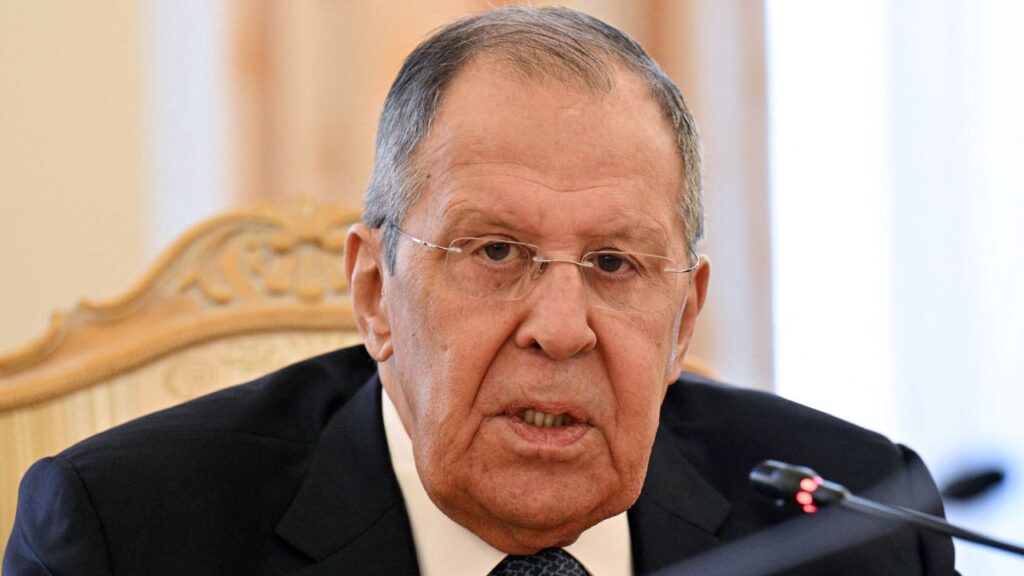Why Trump Caved on China
Share
[aggregation-styles]
The Washington Post Subscription
President Trump’s “phase one” trade deal with China is largely a victory for Beijing. Just measure the agreement signed this week against the initial demands made by Washington in a leaked May 2018 document. As the Financial Times concludes, with regard to the central U.S. goals, “After almost two years of negotiations, tariffs and counter-tariffs, Mr. Trump has achieved none of these objectives.”
This outcome is partly a reflection of the two sides’ staying power. China is a one-party state that can take the long view. Trump gambled that he could hurt the Chinese economy enough with tariffs that the pain to American consumers — who have paid for those tariffs — would be worth it. But the president apparently decided that he wanted to smooth the economic waters as he runs for reelection. So he folded.
From a broader perspective, however, this trade deal reflects something new on the international landscape, something the United States is going to have to grapple with for decades. As I argue in Foreign Affairs, China is the first real peer competitor that the United States has faced in the modern era. (Even the Soviet Union was never really an economic peer.)
Read More →
The Washington Post Subscription
President Trump’s “phase one” trade deal with China is largely a victory for Beijing. Just measure the agreement signed this week against the initial demands made by Washington in a leaked May 2018 document. As the Financial Times concludes, with regard to the central U.S. goals, “After almost two years of negotiations, tariffs and counter-tariffs, Mr. Trump has achieved none of these objectives.”
This outcome is partly a reflection of the two sides’ staying power. China is a one-party state that can take the long view. Trump gambled that he could hurt the Chinese economy enough with tariffs that the pain to American consumers — who have paid for those tariffs — would be worth it. But the president apparently decided that he wanted to smooth the economic waters as he runs for reelection. So he folded.
From a broader perspective, however, this trade deal reflects something new on the international landscape, something the United States is going to have to grapple with for decades. As I argue in Foreign Affairs, China is the first real peer competitor that the United States has faced in the modern era. (Even the Soviet Union was never really an economic peer.)
Read More →
By Fareed Zakaria | 16 Jan 2020
RELATED TOPICS:
Categories
Latest
Videos

World /
2 hours ago


















